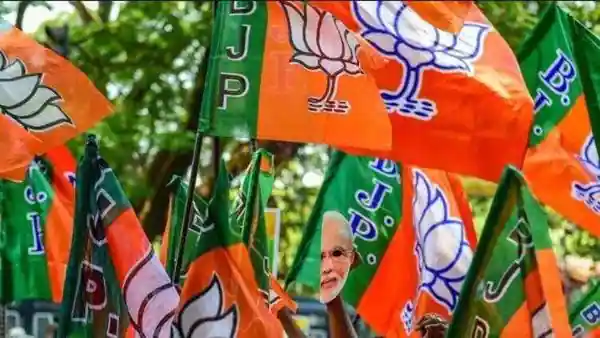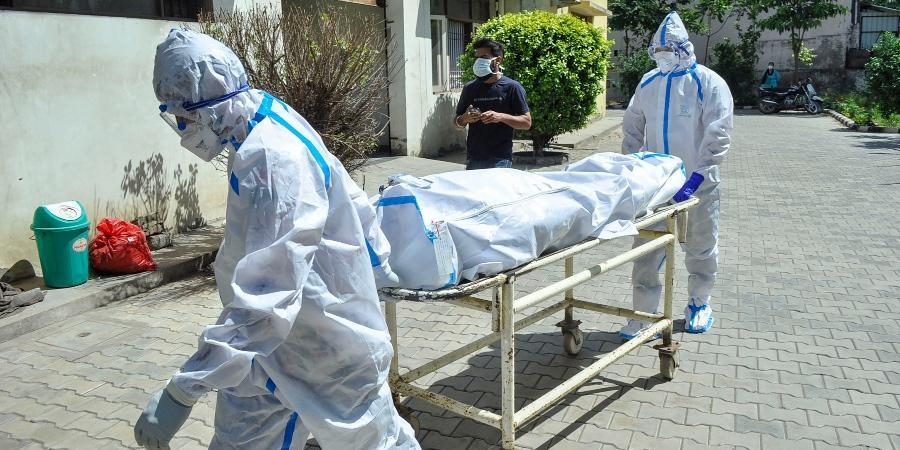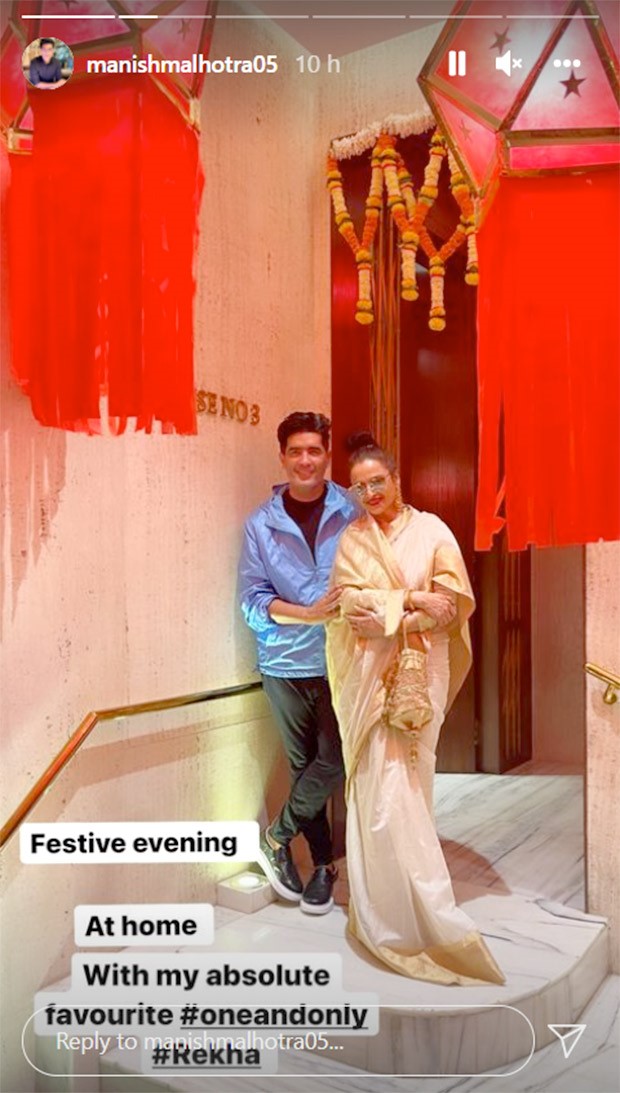The devastation caused by the second wave has led to millions of deaths, and caused widespread suffering and anguish. Queues in front of hospitals and oxygen refilling centres, long waiting periods in crematoriums, and desperate SOS calls on social media platforms made us feel as if the Indian state had gone missing when it was needed most during the peak of the pandemic.
Yet, many of India’s urban netizens are unwilling to blame either their state or Union government for the devastating tragedy that unfolded before their eyes, data from the latest round of the YouGov-Mint-CPR Millennial Survey show.
The online survey, which covered 10,285 respondents across 203 cities in the June-July period, shows that 41% respondents find the Prime Minister (PM) responsible for the covid tragedy. But 48% said that the PM’s efforts can’t be faulted at all. Views around their chief minister’s (CM’s) performance were divided along similar lines, with a plurality expressing faith in their CM. Support for the ruling Bharatiya Janata Party (BJP) also remains largely intact.
The continued support for incumbents in the face of disaster may appear baffling at first. But there are three important clues in the survey that help us make sense of this reaction. First, the public gets more blame for the second wave compared to governments. Second, social networks compensated for the absence of the state during the pandemic peak, and in a society which has low expectations from the state, that can be easily normalized. Third, the second wave didn’t impact people’s economic outlook significantly, and hence they may have been willing to overlook the failures of politicians.
Public Culprit
Only 12% respondents said that the mishandling of the pandemic by their state government was the main cause of the second wave. 26% identified the central government as the main cause. But a much larger share of respondents (44%) blamed the lack of social distancing norms and hygiene among ordinary people for the second wave.
The view that people are to blame for covid’s resurgence is shared by respondents across demographic markers: age, education, and media exposure. Since much of the blame has been ascribed to people and to nature, the incumbents at the centre or state do not seem to be bearing much cost for the disaster.
The Yougov-Mint-CPR Millennial Survey was conducted jointly by the Indian arm of the global market research firm YouGov, Mint, and the Delhi-based think tank Centre for Policy Research (CPR). Roughly half the respondents were millennials (25-40), the rest were pre-millennials (40+) or post-millennials (aged 18-24).
Familial Dependence
People ranked family networks as the most important source of aid during the pandemic peak, followed by social media platforms. Interestingly, age had no impact on the level of social media dependence, which signals how important these platforms were during the second wave.
It is not surprising that people rely less on politicians and more on their social associations for support, given the Indian state’s failure to provide basic public goods even during normal times. These shortcomings have created space for other voluntary associations to play important roles, particularly during a crisis. Since government failure is normalised and expected, politicians don’t feel vulnerable despite the scale of the crisis. It is also worth noting that the BJP gets a much more favourable rating (30%) on pandemic-relief activities compared to any other party. The same figure was only 6% for the Congress. All other parties individually had even lower ratings, suggesting that the BJP’s outreach has helped deflect blame from government mismanagement to some extent.
Optimism Intact
Incumbent parties can avoid reckoning if the suffering appears momentary. While very few respondents expect the economy to improve in the next few months, they are more hopeful about the medium term. In fact, perceptions around the economy haven’t changed much since the last round of the survey, conducted in the Oct-Nov period last year.
Millennials and fully vaccinated people are more hopeful than others of a quick turnaround of the economy. It is noteworthy that the working age population continues to have a positive outlook. This optimism perhaps protects governments from public ire on pandemic mismanagement.
It is important to stress two caveats on this issue. First, while we do not see any impact of economic class on people’s optimism, they may have suffered financial difficulties during the pandemic. Second, the survey sample itself is restricted to relatively affluent urban netizens, and completely leaves out rural experiences. The pandemic’s impact and government’s assessment could very well differ for the rural demographic. But for the country’s urban netizens, their government is largely in the clear.
Rahul Verma and Ankita Barthwal are researchers at CPR.
This is the third of a four-part data journalism series on the covid experiences of India’s digital natives. The first part looked at the vaccination attitudes and experiences of different social groups, and the second part examined the scale of the covid disaster. The YouGov-Mint-CPR Millennial Survey is the sixth of a series of bi-annual surveys aimed at examining the aspirations, anxieties, and attitudes of India’s digital natives.
Never miss a story! Stay connected and informed with Mint.
Download
our App Now!!




